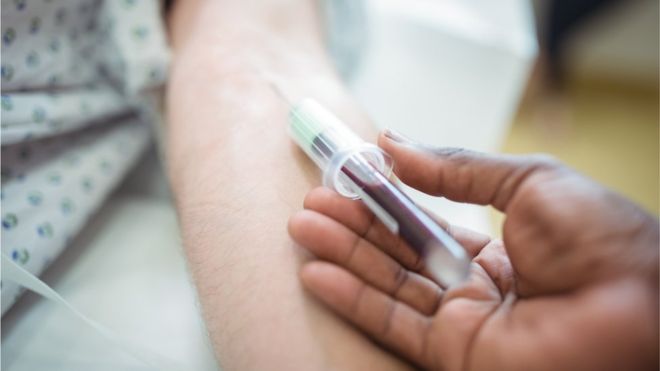When to refer a patient with easy bruising or bleeding
General Practitioners (GPs) play a vital role in identifying patients who may have bleeding disorders, especially those who present with symptoms like easy bruising. If you encounter a patient with unexplained or frequent bruising or bleeding, it is essential to consider the possibility of an underlying bleeding disorder, either inherited or acquired.
A combination of the following key indicators may prompt a referral to The Royal London Haemophilia Centre:
- Recurrent and excessive bruising starting at a young age
- Protracted bleeding after minor injuries
- Excessive bleeding after surgery
- Family history
- Unexplained bleeding
What tests should I perform in primary care?
If you suspect your patient may have a bleeding disorder, please carry out the following blood tests: full blood count, clotting screen (PT and APTT), fibrinogen levels, liver function tests and iron studies.
Please also carry out an ISTH Bleeding assessment tool which can be found on the Practical Haemostasis website. If your patient has an abnormal score and/or abnormal blood test results, please send a referral to us through the “Advice and Guidance portal”. If you are unsure whether to refer a patient or have any questions about referring a patient to our centre, please do not hesitate to get in touch with us through Advice and Guidance.
Regular prescriptions in patients with bleeding disorders
We advise all patients with bleeding disorders to take Tranexamic acid if they have bleeding symptoms and would be grateful if this is on their repeat prescription. The dose is 1gr TDS for adults. They should not take it in case of haematuria.


